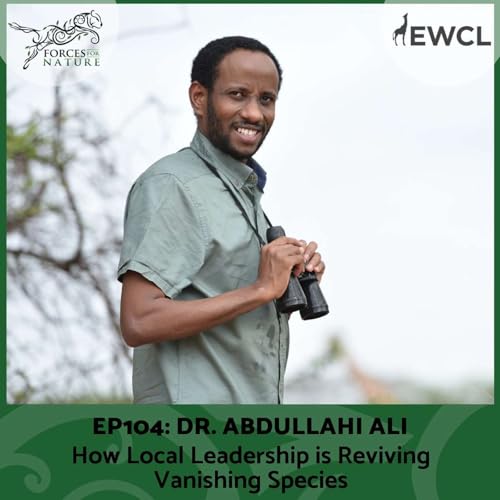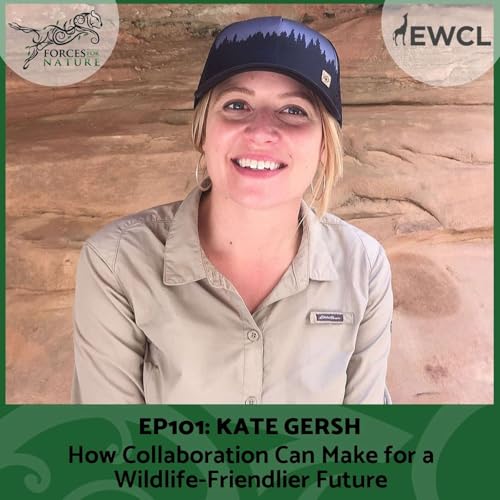Send Crystal a text letting her know what you thought about the show!
For this special live conversation, Crystal sat down on stage with Rhett Ayers Butler, founder and CEO of Mongabay, one of the most trusted sources of environmental journalism in the world.
Together, they explored the current state of conservation- from resilience and adaptation to the role of journalism, storytelling, technology, and informed optimism. The conversation also opened up to the audience, inviting questions from conservation practitioners working across ecosystems, regions, and disciplines.
This episode was recorded live at the Emerging Wildlife Conservation Leaders (EWCL) 20th Anniversary Summit, a gathering that brought together conservation leaders and practitioners from around the world to celebrate two decades of community, collaboration, and impact.
What emerged was an honest, nuanced dialogue about where conservation stands today, what is changing, what is working, and how we continue moving forward- together.
Highlights
- What are the characteristics of conservation initiatives that are scalable or replicable across the geographies?
- How is Mongabay adapting to the challenges of distrust in science and disinformation campaigns?
- How is Mongabay using optimism as a strategy?
WhatYou Can Do
- Pay attention to the stories you share. Seek out and amplify conservation stories that highlight solutions, learning, and community leadership, not just problems.
- Build constituencies, not just projects. Think about who needs to be at the table for conservation efforts to succeed, especially local and Indigenous communities.
- Practice informed optimism. Look for evidence of what is working, acknowledge setbacks honestly, and use both to guide action.
- Support independent environmental journalism. Reliable, transparent reporting plays a critical role in accountability, awareness, and change.
- Stay connected to nature and to one another. As Rhett reminds us, getting outside and nurturing community are essential for sustaining long-term conservation work.
Resources
- Mongabay
- Emerging Wildlife Conservation Leaders (EWCL)
- How to Find Optimism article
- Rethinking How We Talk about Conservation and Why It Matters article
- Health and Harmony (Project ASRI)
If you'd like to sponsor next season (or even just an episode) reach out to me and let's chat! My email is crystal@forcesfornature.com.
Want a free guide to help you become a force for nature? Get it HERE!
If you enjoyed this episode, be sure to subscribe, rate, and review it! This helps to boost its visibility.
Hit me up on Instagram and Facebook and let me know what actions you have been taking. Adopting just one habit can be a game-changer because imagine if a billion people also adopted that!
What difference for the world are you going to make today?
 54 分
54 分 35 分
35 分 57 分
57 分 41 分
41 分 2025/10/2845 分
2025/10/2845 分 38 分
38 分 46 分
46 分 2025/09/2235 分
2025/09/2235 分
